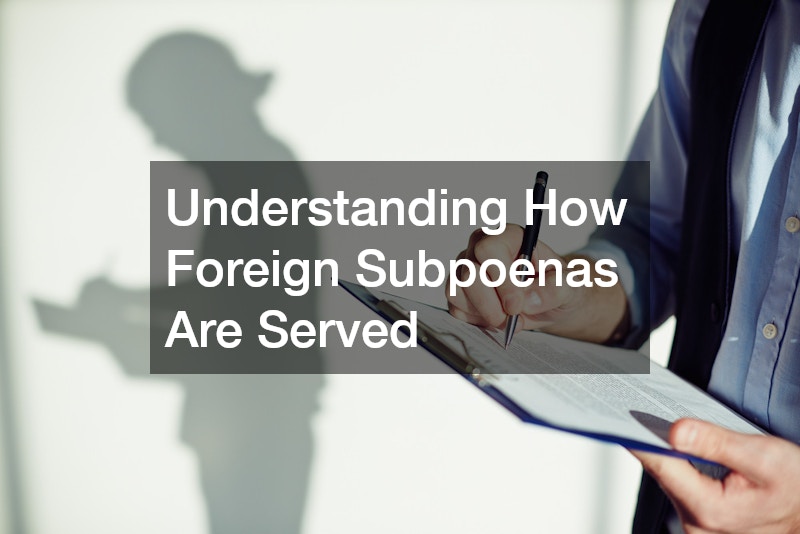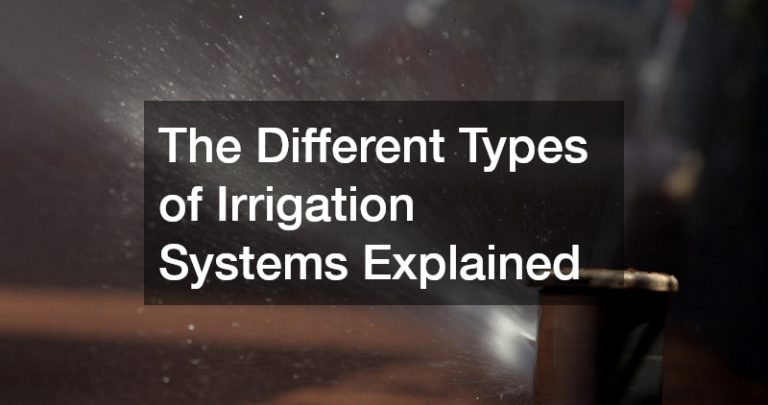Understanding how foreign subpoenas are served is crucial for legal professionals dealing with cross-border litigation. Serving foreign subpoenas involves specific procedures that ensure legal documents are properly delivered to individuals or entities located in another country. This process is governed by international treaties such as the Hague Convention on the Taking of Evidence Abroad in Civil or Commercial Matters, which establishes a framework for requesting and executing subpoenas across borders. When serving a foreign subpoena, it is important to comply with both the legal requirements of the issuing country and the regulations of the country where the subpoena is being served.
The process of serving foreign subpoenas typically includes translating the documents into the appropriate language, adhering to local legal formalities, and sometimes working through a central authority or legal representative in the foreign jurisdiction. This ensures that the subpoena is recognized and enforceable under the local laws of the recipient’s country. Failing to follow these procedures can result in delays or even the invalidation of the subpoena. For example, when dealing with a non-military search affidavit, you need to have all of the right information. Therefore, understanding and properly executing the steps for serving foreign subpoenas is essential for ensuring that evidence is obtained efficiently and that the legal process proceeds smoothly. By adhering to international protocols and local regulations, legal professionals can effectively manage the complexities of cross-border litigation and secure the necessary evidence for their cases.
.






